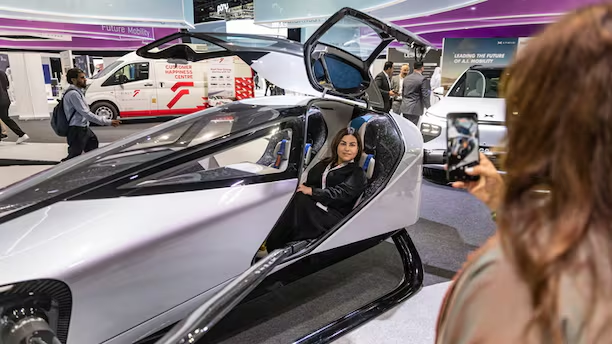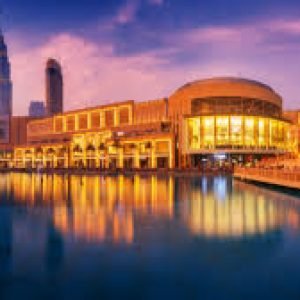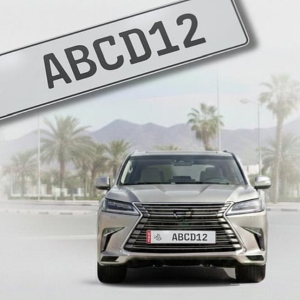Dubai autonomous transport is no longer a futuristic concept—it is a transformative reality. Over the past decade, Dubai has become a global hub for technological innovation, and its efforts in autonomous mobility are leading the world in redefining how people and goods move within a city. By combining forward-thinking government strategies, cutting-edge technology, and robust infrastructure, Dubai is setting a benchmark for autonomous transport systems worldwide.
A Bold Vision for Dubai Autonomous Transport
The vision for Dubai autonomous transport is ambitious yet practical. The city aims to have 25% of all transportation trips in Dubai handled by autonomous vehicles by 2030. This target is part of a broader strategy to improve road safety, reduce congestion, enhance sustainability, and streamline urban mobility.
The focus on autonomous mobility is not just about technological advancement. Dubai envisions a city where residents enjoy shorter commute times, improved road safety, and reduced environmental impact. Autonomous taxis, buses, and delivery vehicles are all part of this vision, which seeks to integrate autonomous technology seamlessly into everyday life.

Partnerships Driving Dubai Autonomous Transport
Collaborations with Global Tech Companies
Dubai’s rise in autonomous transport has been fueled by strategic partnerships with global technology firms. By inviting companies with expertise in self-driving technology, the city has accelerated the development and testing of autonomous vehicles on its roads.
These partnerships cover multiple sectors, from passenger transport to logistics and delivery. Autonomous taxis, buses, and trucks are being trialed and deployed through these collaborations, creating a comprehensive ecosystem for Dubai autonomous transport.

Innovation Through Investment
The city’s openness to global expertise also attracts investment and talent. Companies developing autonomous vehicles benefit from Dubai’s structured regulatory environment, while the city gains access to cutting-edge research and innovation. This synergy ensures that Dubai remains at the forefront of autonomous transport technology while fostering economic growth and knowledge exchange.
Infrastructure Supporting Dubai Autonomous Transport
A robust infrastructure is essential for the successful integration of autonomous vehicles. Dubai has invested heavily in creating dedicated zones for autonomous transport. These zones provide safe environments for testing and operation, including areas for autonomous taxis, buses, and delivery vehicles.
Smart roads equipped with advanced sensors, real-time traffic monitoring, and communication systems allow autonomous vehicles to navigate efficiently and safely. These technological enhancements reduce the risk of accidents, optimize traffic flow, and provide a smooth experience for both autonomous and human-driven vehicles.
Dubai is also pioneering the use of autonomous heavy vehicles in logistics. Self-driving trucks are being deployed on key transport routes to increase efficiency, cut costs, and reduce emissions. By incorporating autonomous technology into both passenger and commercial transport, Dubai is creating a fully integrated mobility ecosystem.
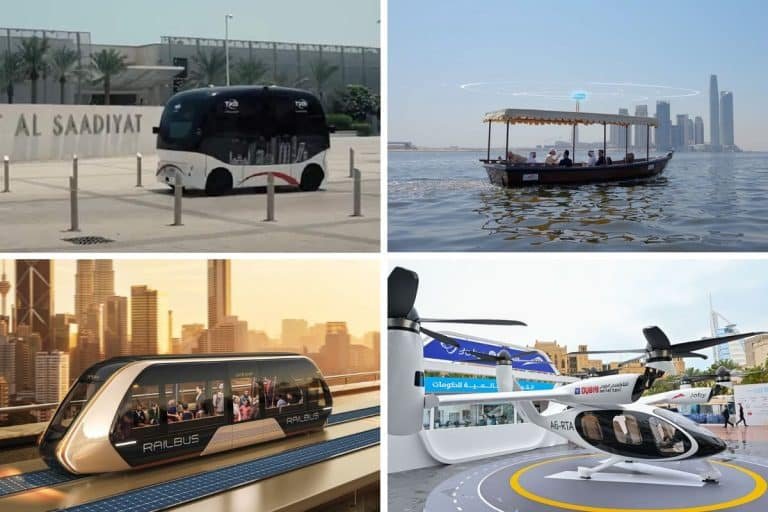
Regulatory Framework and Safety in Dubai Autonomous Transport
Safety is a top priority in Dubai autonomous transport. The Roads and Transport Authority (RTA) has implemented a regulatory framework that governs testing, licensing, and operations of autonomous vehicles. This framework ensures that all companies operate within strict safety standards, building public trust in autonomous technology.
Vehicles undergo rigorous testing under different conditions, from busy city streets to highways. Artificial intelligence, sensors, and machine learning systems enable them to detect obstacles, predict traffic patterns, and respond to emergencies. Dubai’s regulatory approach balances innovation with safety, allowing autonomous transport to expand responsibly.
Environmental and Economic Impacts of Dubai Autonomous Transport
Dubai autonomous transport has significant environmental and economic benefits. Optimized routes, reduced idle times, and fuel-efficient autonomous vehicles help lower carbon emissions, supporting Dubai’s commitment to sustainability.
Economically, autonomous transport improves operational efficiency and lowers costs across sectors. Self-driving trucks streamline logistics, while autonomous taxis reduce dependence on human drivers. Furthermore, Dubai’s leadership in autonomous technology attracts international investment and talent, enhancing the city’s position as a global innovation hub.
The combination of sustainability and economic growth demonstrates that Dubai autonomous transport is more than a technological achievement—it is a tool for building a smarter, cleaner, and more efficient city.
Public Adoption of Dubai Autonomous Transport
Public acceptance is crucial for the success of Dubai autonomous transport. Awareness campaigns, pilot programs, and demonstration projects educate residents about the safety, convenience, and benefits of self-driving vehicles.
Many residents have experienced autonomous taxis and buses firsthand, building confidence in the technology. Increased adoption leads to more efficient transport systems, as autonomous vehicles can operate continuously, reduce traffic congestion, and improve travel times.
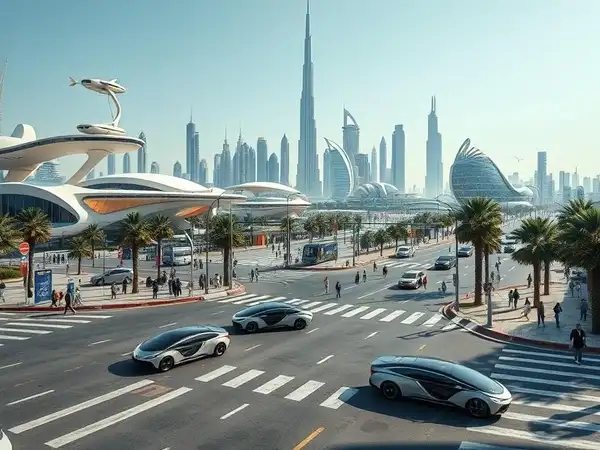
Dubai Autonomous Transport and Smart City Integration
Dubai autonomous transport is closely aligned with the city’s smart city initiatives. Autonomous vehicles are integrated with traffic management systems, smart parking, and public transport networks to create a seamless mobility ecosystem.
This integration enables predictive traffic management, optimized routes, and real-time data sharing. Residents enjoy faster, safer, and more convenient travel, while the city benefits from a more efficient, sustainable urban transport system.
Challenges and Opportunities
While Dubai autonomous transport shows remarkable progress, challenges remain. Integrating autonomous vehicles with existing traffic, addressing cybersecurity concerns, and ensuring equitable access are key considerations.
However, these challenges are also opportunities. Dubai continues to invest in research, infrastructure, and public engagement to address potential issues. By proactively tackling these obstacles, the city strengthens its position as a leader in autonomous transport.
The Road Ahead
The future of Dubai autonomous transport is promising. With ongoing investment in technology, infrastructure, and regulatory frameworks, the city is moving steadily toward its 2030 target of 25% autonomous trips.
Residents can expect expanded fleets of self-driving taxis, buses, delivery vehicles, and heavy trucks. These developments will not only enhance urban mobility but also support environmental sustainability and economic growth.
Dubai’s approach serves as a global example of how cities can adopt autonomous transport successfully. By combining innovation, regulation, and public engagement, the emirate demonstrates that the future of urban mobility is already here.
Dubai autonomous transport is more than a technological revolution—it is a strategic, holistic transformation of the city’s transport ecosystem. By continuing on this path, Dubai is shaping a future where mobility is safer, cleaner, smarter, and more efficient.
Do follow UAE Stories on Instagram
Read Next – Dubai Creek Harbour Metro Station: The City’s Next Big Architectural Statement

